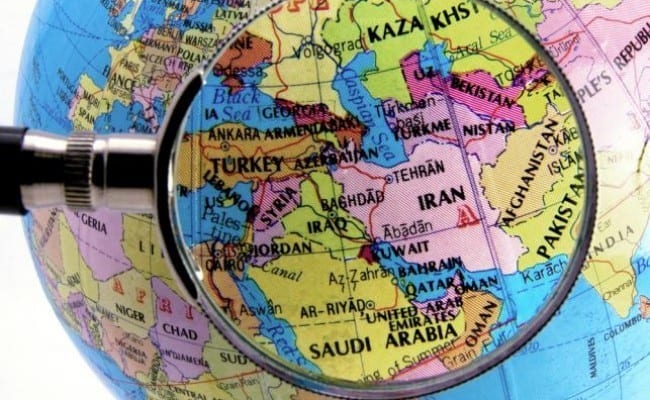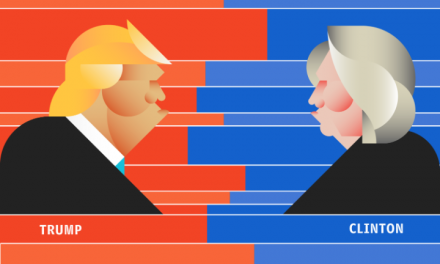By Fahad Deghaither, Al-Arabiya
On June 30, 2013, the “New Middle East” project, which was founded and supported by the Obama administration during Hillary Clinton’s time as Secretary of State, failed and we heard nothing about it.
In fact, the project’s collapse began earlier when the Peninsula Shield Forces (1,200 Saudi fighters and 800 Emirati fighters) entered Bahrain in March 2011 to quell disorder from Iran. If there is something to thank Mrs. Clinton for, is because she inadvertently contributed in raising the awareness of the people and revealing the danger of chaos that could threaten the countries of the region if they did not change tactics.
What is interesting here and what is being discussed in the Western study centers concerned with the Middle East, that Saudi Arabia specifically did more than that on the level of foreign policy with its included risks, while internally Saudi Arabia is carrying out a huge makeover, seen in the restructuring of the economy along with the required social openness and fundamental changes to obstacles that were preventing development.
Confidence in youth
The US had abandoned its strategic interests in the region which it had maintained for more than half a century. This is what made Saudi Arabia, the UAE, Egypt and Bahrain become leaders to shape and build a renewing Middle East, and I do not say a “new” Middle East. A Middle East that does not create borders between states or divide them into entities, and does not interfere in the internal policies of other countries.
Their goal is to work on sustainable development, diversification of sources of income and looking for tomorrow. To illustrate the great difference in the priorities, we must recall what happened in the first year of King Salman’s reign, which coincided with the blatant spread of Iranian influence in Yemen.
The Saudi government’s confidence in the youth who work continuously in the royal court to follow up the vision programs, which I saw myself, shows that the promising future lies in the hands of a strong determined government insists and depends on the nationals.
This is reinforced by the return of thousands of scholars who were studying in universities in the West and East as part of the King Abdullah Scholarship Program, which enhanced the skills, knowledge and professional inventory within the country. Saudi Arabia did not hire foreigners to develop the people’s approach and behavior, but invested in the citizens of the Arabian Peninsula.
In talking about what is happening in Saudi Arabia, which is considered the center of the region, where there is lots of controversy about it in the West, especially with the recent anti-corruption campaign, most analysts conclude that it is important to pass the bottleneck. This means that Saudi Arabia’s ability and success to pass the next two years’ circumstances with the required flexibility. In 2020, Saudi Arabia will differ from the past by all standards, as per what the policy and development experts predicts, and this a good change of course.
_____________
Fahad Deghaither is a Saudi columnist on geopolitics.



















